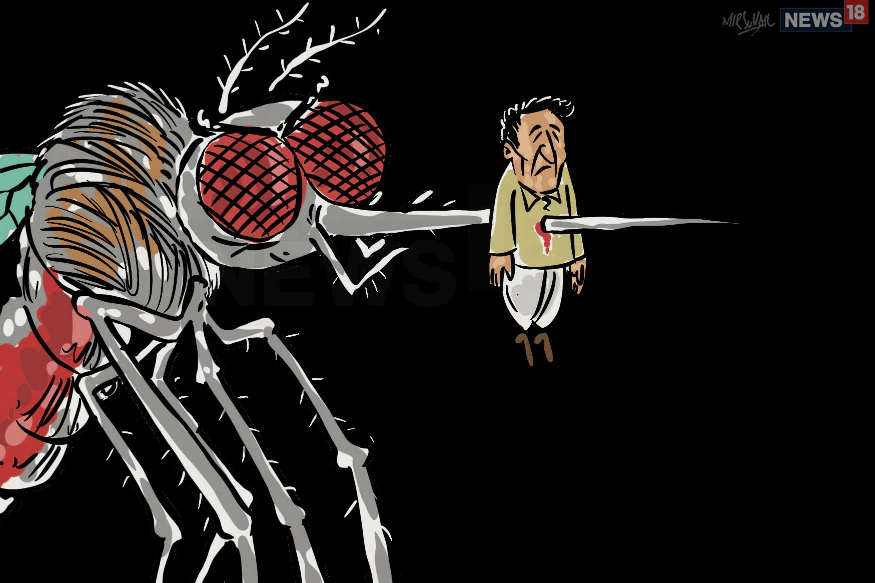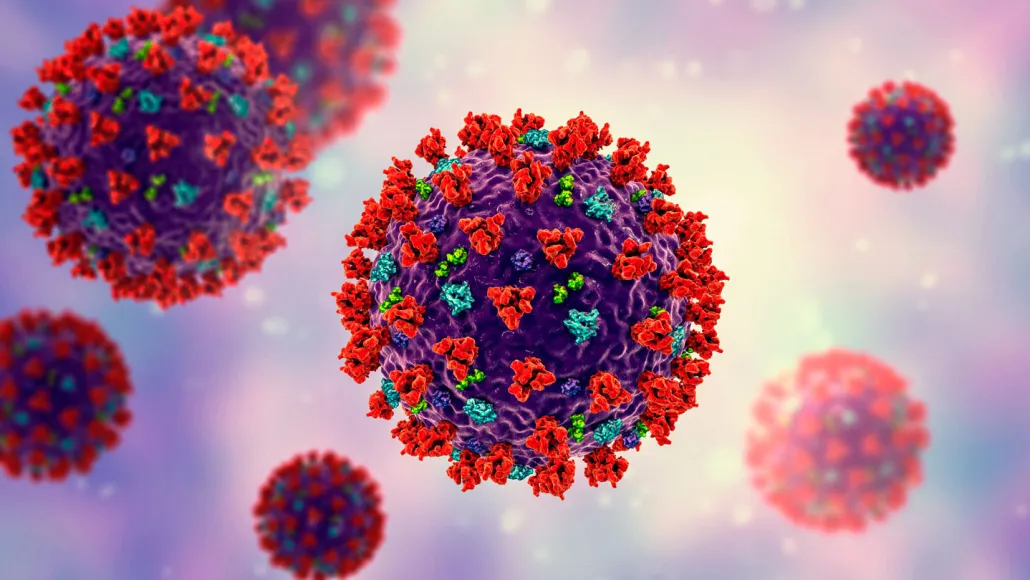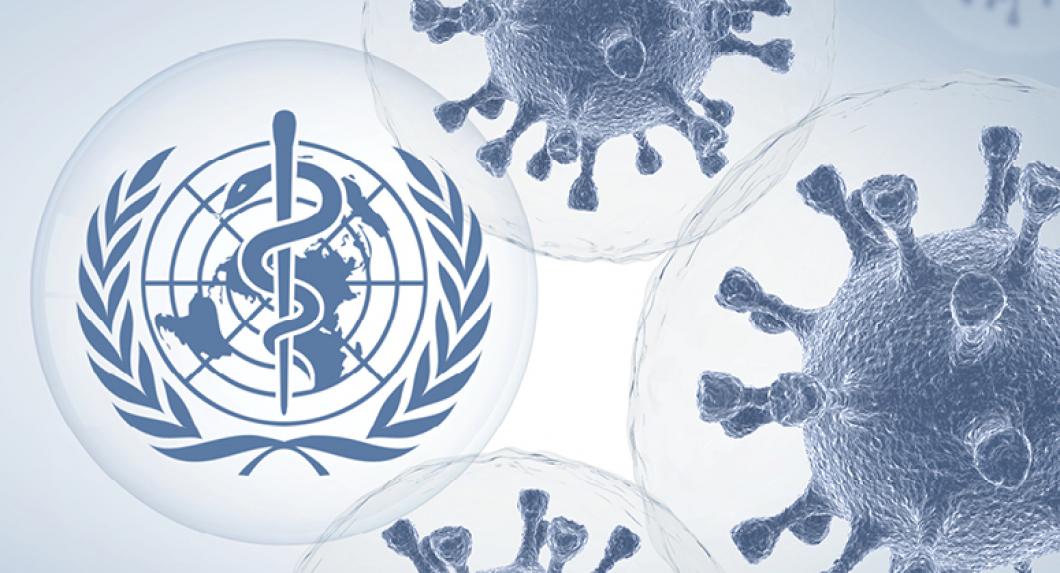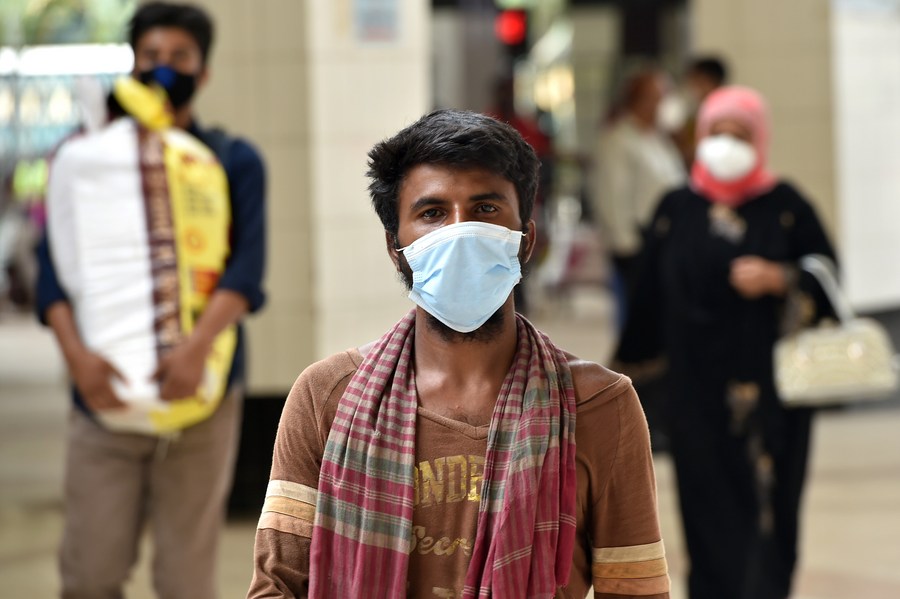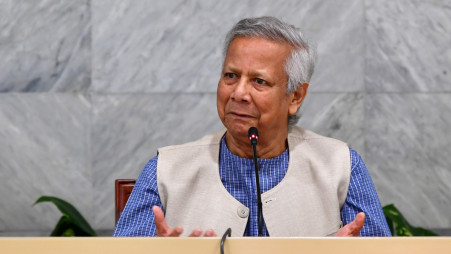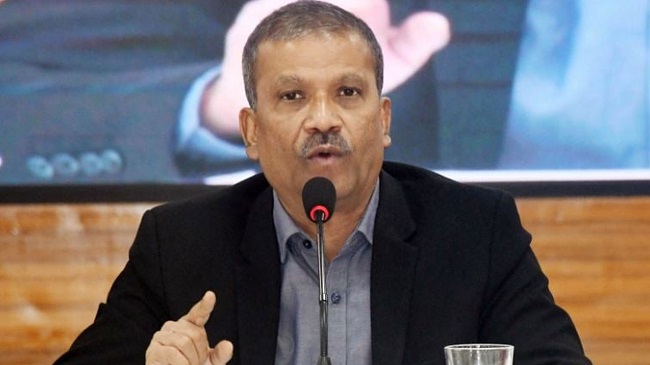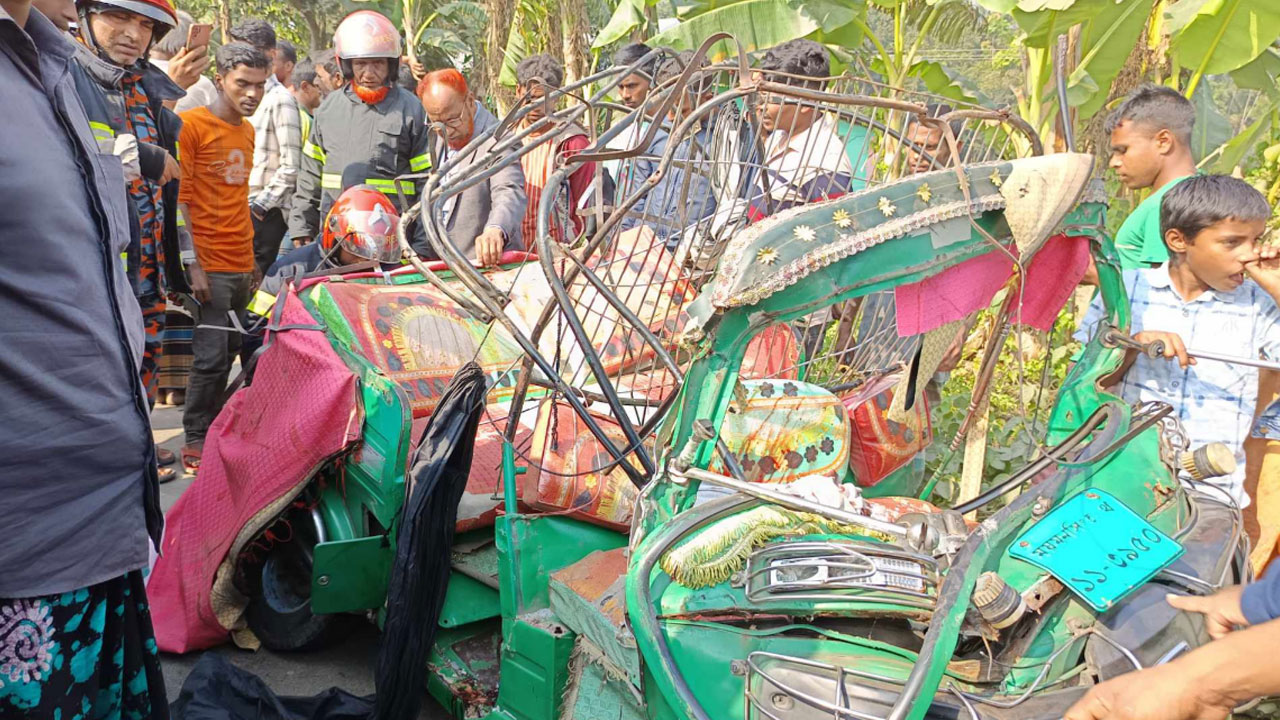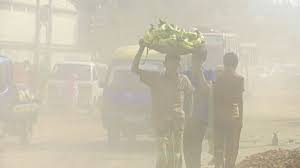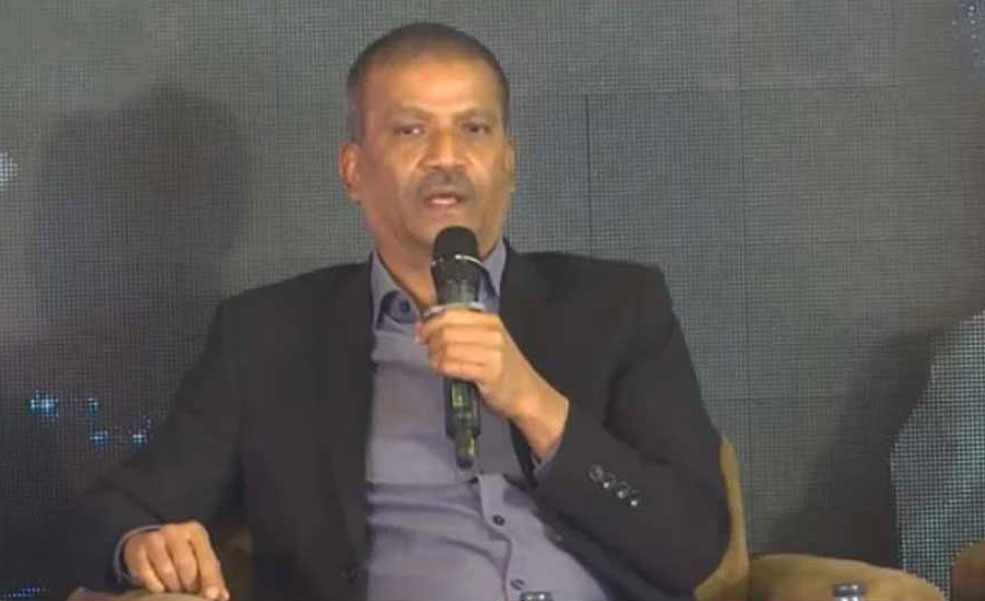At least 777 people caught dengue in the last two months of 2020 while a total of 1,405 people contracted the aedes mosquito-caused fever, with seven confirmed deaths from the fever, in the year.
According to the Directorate General of Health Services control room, there were three suspected dengue deaths in November and December, the lean season for the disease, while there were a total of at least 12 suspected deaths from the disease in 2020.
The peak season for dengue is from March to August.
Experts attributed the unusually low prevalence of dengue in the peak season to the measures taken by the Dhaka city corporations to contain aedes mosquitos, the limited movement of people and the closure of educational institutions and offices during the COVID-19 crisis.
Entomologist and a former president of the Zoological Society of Bangladesh Manjur A Chowdhury said that the highest dengue detection in November and December was highly abnormal while the dengue virus propagation was low in the peak time due to the nationwide shutdown to arrest the coronavirus spread.
‘As the situation became normal amid the COVID-19 prevalence the number of dengue patients started increasing,’ he said.
The city corporations in the capital, he added, too were active cleaning the city during the time.
The DGHS stated that the samples of 12 people suspected of dying of dengue were sent to the Institute of Epidemiology, Disease Control and Research for testing.
The IEDCR analysis of nine samples so far has confirmed seven dengue deaths while the rest three are still under analysis.
The DGHS collects patient information from only 41 hospitals out of over 3,000 across the country, including the 64 government healthcare facilities in Dhaka, to identify dengue patients.
Dhaka Medical College virology department head Professor Sultana Shahana Banu said that still the number of dengue identifications was very low as the COVID-19 priority had shrunk the dengue testing opportunity.
‘Dengue and COVID-19 have similar symptoms. People go for coronavirus testing, not for dengue examination still,’ she said.
Sultana also suspected possible changes in serotypes of dengue as many contributing factors are active, including climate change.
Even now and throughout the year, she observed, identification of dengue has been very low as all are busy over the novel coronavirus.
‘Research is needed to find new serotypes of dengue, if any developed, in the meantime,’ she said.
According to DGHS data, 199 dengue cases were detected in January of 2020, 45 in February, 27 in March, 25 in April, 10 in May, 20 in June, 23 in July, 68 in August, 47 in September, 164 in October, 546 in November and 231 in December.
Expressing concern over the increasing prevalence of Culex mosquitos this time, entomologists and physicians suggested that the city corporations should strengthen anti-mosquito drives.
Dhaka North City Corporation chief health officer Brig Gen Md. Zobaidur Rahman said that due to the ‘unnatural’ rain in October there was an increased opportunity for aedes mosquitos to spread dengue but the DNCC continued regular larviciding and fogging to contain the vector.
Admitting the increase in the prevalence of Culex mosquitos in the city, he said that it was natural as water at various bodies, including canals, remained stagnant facilitating mosquito-breeding.
‘The DNCC is cleaning canals and using the fourth-generation mosquito insecticide novaneuron to curb the vector,’ he said.
In 2019, over 1,01,354 dengue cases were hospitalised in the country, with more than 276 deaths reported.
In 2017, more than 13,000 people with chikungunya infection took treatment at hospitals while many others took treatment at home.


